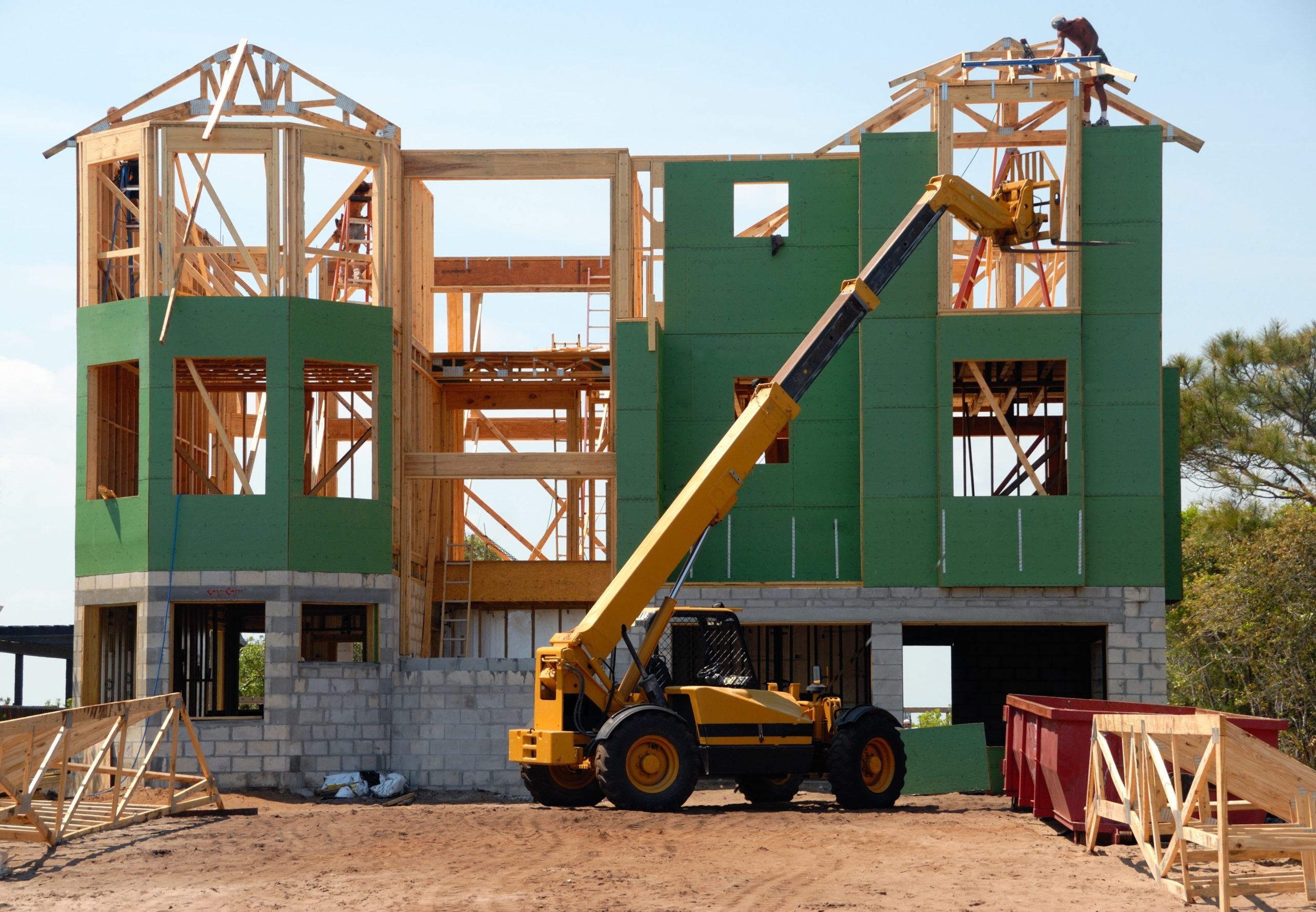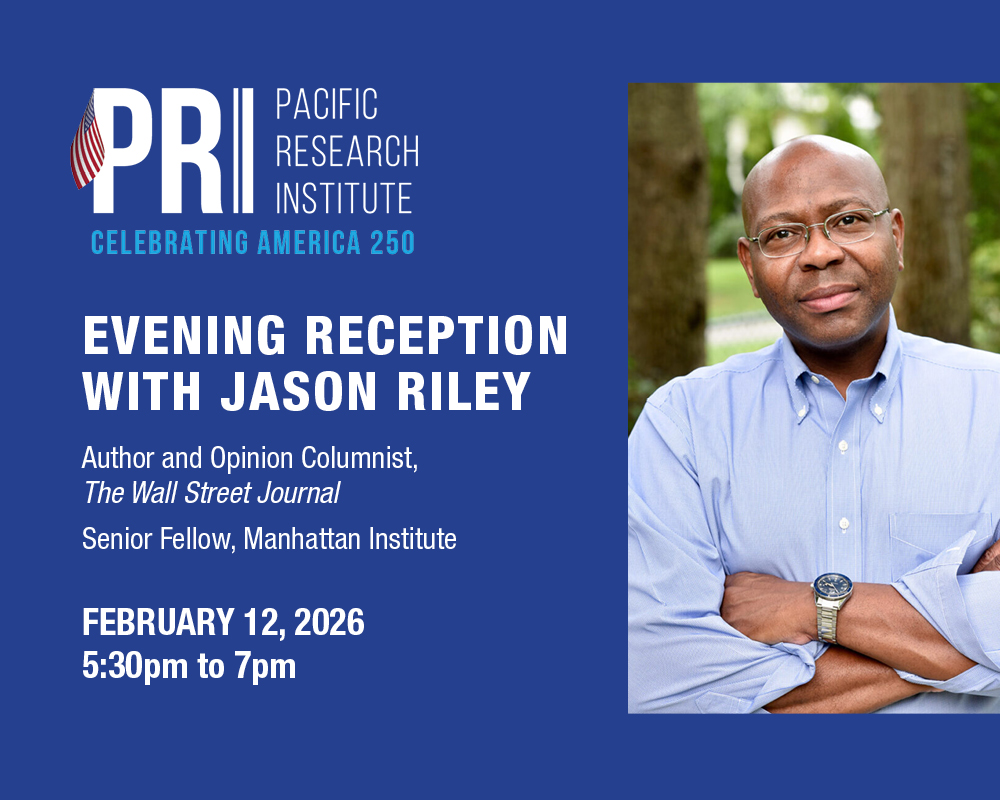Another legislative session in Sacramento has come to a close, but not without lawmakers choosing more winners and losers in the battle of who receives a CEQA exemption and who does not.
The California Environmental Quality Act (CEQA) was signed into law in 1970 in an effort to instill a review process before building takes place to consider environmental impact. The Act has expanded significantly in the last 50 years, hindering many projects including schools, housing, hospitals and more from being built. Many projects go through years of paperwork, legal battles and money spent before being granted the permission to begin construction. Many just give up.
Rather than reforming a law that has grown from 13 code sections to 190 code sections and 250 implementing regulations today, legislators just simply exempt favored projects from the CEQA process. The most recent “winners” chosen by Sacramento are public colleges and university housing.
In the wake of the scandal earlier this year where thousands of prospective UC Berkeley students faced the prospect of being denied admission this fall due to a CEQA lawsuit, Senate Bill 886 by Senator Scott Weiner from San Francisco was passed last week and sent to Governor Newsom’s desk. It would exempt public college and university housing from the regulations of CEQA to address the multitude of environmental lawsuits that have slowed down construction and contributed to student housing shortages across campuses.
While SB 886 supporters are right to be frustrated that opponents have utilized CEQA as a tool to put a stop to university housing and other vital projects, they should really be looking beyond narrow exemptions to system changes, as illustrated by Chris Carr and his colleagues in the PRI study, “The CEQA Gauntlet.”
“Why should a multi-billion dollar sports arena receive streamlined environmental review, while renovation of the local little league field can be held up in CEQA review for years?”
A streamlined CEQA review should be implemented for all projects, not just a select few who have the support of lawmakers. While public colleges would now be spared the years of delay and lawsuits that come with CEQA review if SB 886 is signed into law, 47,999 other housing units were targeted in CEQA lawsuits filed just in 2020, according to a new California Business Roundtable study by CEQA reformer and attorney Jennifer Hernandez. With housing costs shooting up every year, CEQA legal battles are increasing the time builders must hold on projects and increase overall housing costs even more.
However, many of these lawsuits are not due to real environmental concerns. Power players have utilized CEQA as a tool to stop or delay projects they simply do not want to happen in the first place. Of the 47,999 housing units built in 2020 that were targeted, only 13% of the lawsuits were filed by environmental organizations that existed before the CEQA lawsuit according to Hernandez’ report.
CEQA has long been abused by economic competitors to pick winners and losers and determine what is built in neighborhoods and what is not. To put an end to this, Sacramento should look to streamlining CEQA review so projects are not waiting years to begin construction, eliminate narrow exemptions and provide the same privileges across all projects, and clarify the current prolonged and costly CEQA process that builders must complete and comply with before building.
The well-intentioned act to protect the environment has created unnecessary delays, soaring project and housing costs and has halted publicly beneficial projects such as affordable housing and public transit. Rather than reforming bits and pieces and creating narrow exemptions for special interest “winners,” legislators must look to meaningful proposals to eliminate the weaponization of CEQA and reform it to its original intent.
Emily Humpal is deputy communications director at the Pacific Research Institute.


